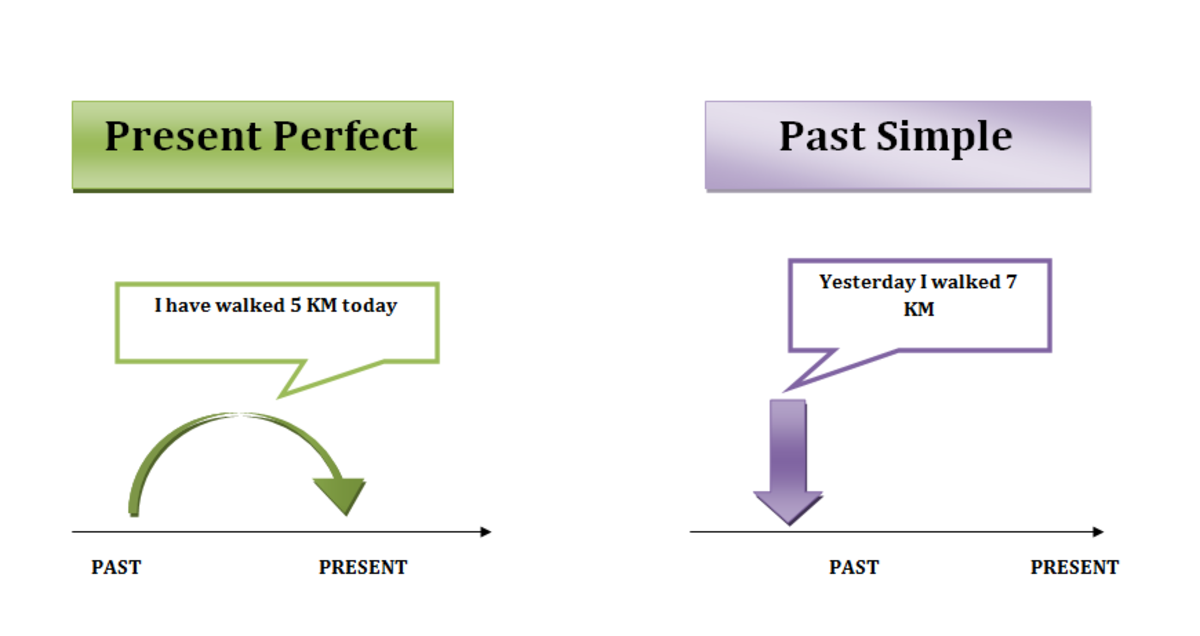- HubPages»
- Education and Science»
- Linguistics»
- English as a Foreign or Second Language
Using ESL Techniques to Prepare Some African American Students For College and Professional Success
The Issue
Over the centuries since their importation to America, blacks have created a version of English endemic to the community. Most social groups do the same thing. Though they speak the dominant language, they also speak a vernacular or regional dialect unique to the group.
In fact, many enslaved blacks spoke a Pidgin English, or a form of the language mixed with words from their own African tongues, before arriving in the Americas. So almost from the beginning of their time in the so-called New World, African Americans have possessed knowledge of a variation of English.
Today, that distinctiveness can prove problematic for African Americans who hope to achieve success in school or the workplace. Even getting into college can be a major hurdle for those students who are unfamiliar with mainstream English.
The Proposal
Therefore, to facilitate further discussion on this topic, I offer here a brief proposal. Perhaps we educators can use English as a Second Language (ESL) teaching methodologies to prepare those African American students who need help for success.
Faculty at Historically Black Morehouse College Are Examples of Academic Success

English for Specific Purposes
Within the broader ESL field, there exists another branch, English for Specific Purposes (ESP). Teachers focus on English skills and vocabulary specific to the needs of a particular student group.
Those planning to attend college learn Academic English, those involved in the corporate world learn Business English and those who work for airlines learn Aviation English.
Possible Benefits of ESL and ESP in African American Communities
1. The emphasis upon learning English as a “second” language may cause a shift in focus. Students will have to come to grips with the reality that the English they speak may at times not be the same as that expected in more formal conversations.
As such, the reality that they need to re-learn the language will be driven home.
2. Teaching students ESP, most likely Academic English or Business English, will prepare them to perform well in university and corporate environments.
3. By emphasizing English for “Specific” Purposes, language instructors will demonstrate a degree of needed respect for the local dialect spoken by the students.
Instead of instructing the students in “English’ per se, the presence of ESL instructors teaching a “specific” type of English reinforces the idea that no variant of the language is necessarily correct.
The pupils need to learn what the ESL instructors have to teach them for a particular purpose, which is to succeed in mainstream society,
Founders Library at Historically Black Howard University, a site of African American Success

Conclusion
For these reasons, American school districts should contemplate increasing the use of ESL instructors in the classrooms.
Unlike the trend of years ago in which educators attempted to employ “Ebonics” in schools to reach students, this proposal recognizes that African American students can appropriate the dominant structures of grammar and speech to become productive members of society.








